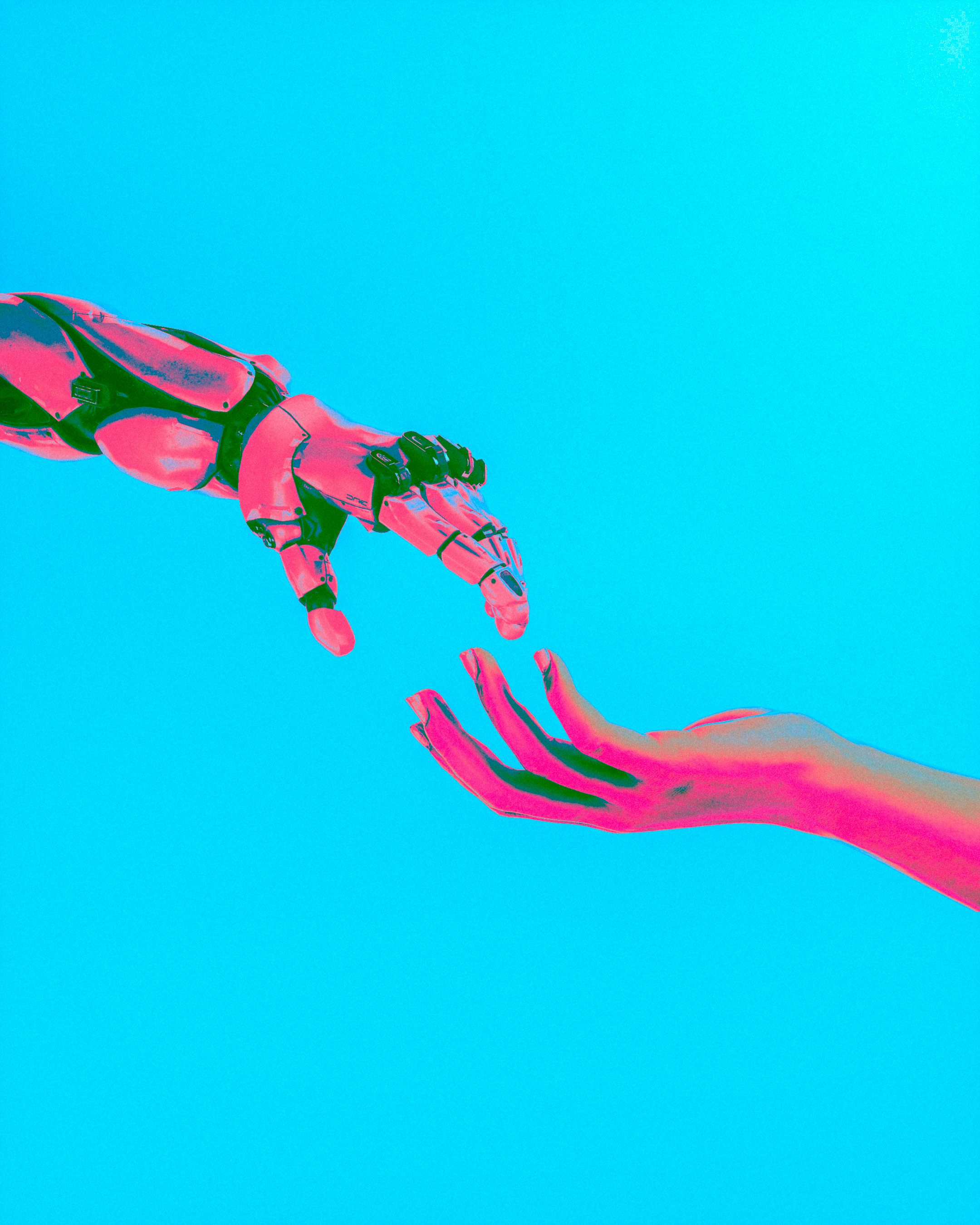Sep 30, 2024
AI and UBI: A Perfect Match
The rise of artificial intelligence (AI) is reshaping the labor market, leading to increased automation and job displacement. As AI becomes more sophisticated, it is capable of performing tasks traditionally handled by human workers, raising concerns about economic inequality and social unrest.
One potential solution to address these challenges is the introduction of a Universal Basic Income (UBI). UBI is a social policy that provides a regular, unconditional cash payment to all citizens, regardless of their income or employment status. While the idea of UBI has been debated for decades, AI may be the catalyst needed to make it a reality.
Here's why AI and UBI are a perfect match:
Job Displacement: As AI continues to automate tasks, it is likely that a significant number of jobs will be lost. UBI can provide a safety net for workers who are displaced by automation.
Increased Productivity: AI can boost productivity and economic growth, but the benefits of this growth may not be evenly distributed. UBI can help to ensure that everyone benefits from the gains of automation.
Reduced Inequality: UBI can help to reduce income inequality by providing a basic level of financial security for all citizens.
Increased Consumer Spending: UBI can stimulate the economy by increasing consumer spending and creating new demand for goods and services.
Of course, the implementation of UBI is not without its challenges. Concerns include the potential for disincentivizing work, the cost of implementing UBI, and the need for careful planning and implementation.
However, as AI continues to transform the labor market, the case for UBI becomes increasingly compelling. By providing a safety net for workers who are displaced by automation, UBI can help to ensure a more equitable and just society.
/ Next



